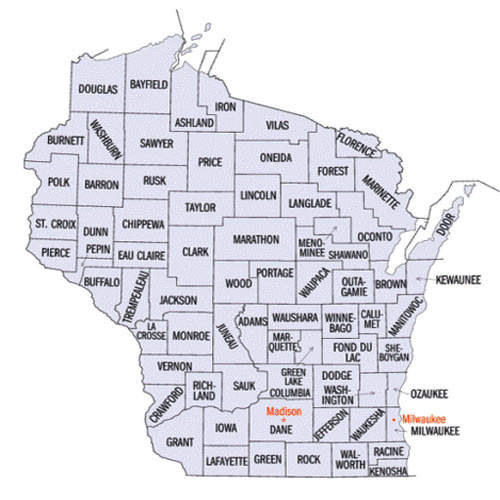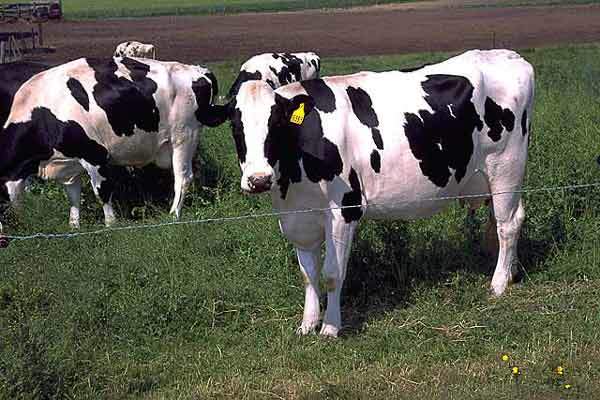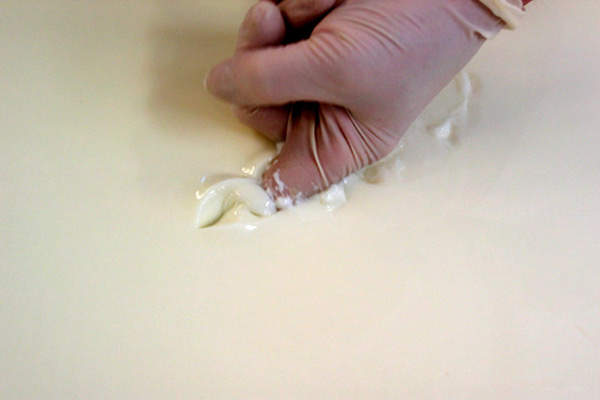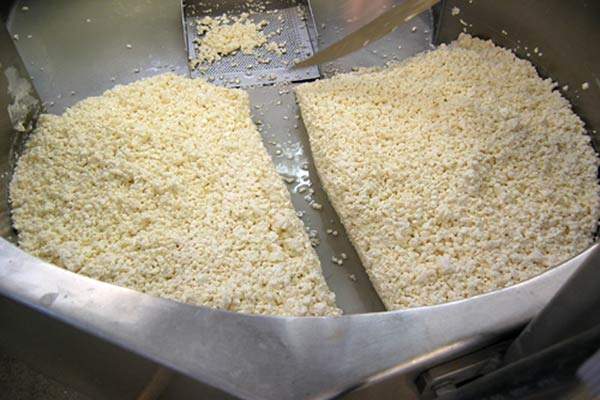Mullins Cheese is one of the best-known cheese makers in Wisconsin in the US. The cheese facility is located in the town of Knowlton, around four miles south of Mosinee near Interstate 39. The company has been producing quality cheese since 1970 and the plant has expanded several times since, although it remains on the same site.
The company uses the latest technology to produce 40lb blocks of Cheddar, Colby Cheese, Monterey Jack Cheese, Jacko (marble) Cheese and wheels of Parmesan Cheese. The factory has a retail shop at the plant selling over 50 kinds of cheese but the majority of the 40lb block production goes to cheese processor’s cut and wrap operations for repackaging into smaller retail blocks under various brand names for supermarket chains. The plant also sells to food service companies.
The company has 80 customers across the US. The latest addition to the technology at the plant is a new automatic bagging system for cheese blocks that cuts down significantly on manual handling, saves labour on manual packing at the plant and produces much less waste.
Mullins also has a second plant at Marshallville that produces the same range of cheese in 640lb blocks for food processing companies. The company uses over 1.1 million pounds of milk per day, which is obtained under contract from 900 farms across Wisconsin.
CHEESE BAGGER
In August 2007 the company invested in new packing technology and introduced six new cheese block handling, orientation and packaging systems from Cryovac Food Packaging division, a subsidiary of Sealed Air. The machinery provided by Cryovac included Model CL-20 bag loaders, a UBT 20 block turner and RG 20 bag regusseting machine. The company also uses Cryovac equipment for barrier bags and cut and wrap items, and has a Cryovac BetaVac vacuum chamber.
The new in-line cheese-bagging system handles blocks of cheese produced in a set of towers and can turn out two packs per minute. The waste reduction using this new system comes to around 200lb of cheese per day.
PROCESS
The six CL-20 bag loaders can operate with a variety of sizes and with quick changeovers. These were installed adjacent to the six cheese block-forming towers, with the work on-site being completed within a week.
The CL-20 system takes the 40lb blocks of cheese from the towers and then packs them into pre-produced bags supplied from a stainless steel cartridge/cassette system. The bags are made from gusseted nylon-based film supplied by Cryovac, 25.5in × 19in long. There are 300 bags on each machine lasting four hours.
The blocks of cheese are pushed into the bagger chute and then into the gusseted bag. The company packs around 5,500 blocks per day (330,000lb), requiring around three changes of cassette to replenish the bags.
The CL-20 machines have been fully integrated with the cheese towers control panel and there is also a display for status and diagnostics during operations. Other controls on the machine allow easy access for wash downs at the end of the packaging cycle/shift.
The packaging process at Mullins also introduced the UBT20 block turner to the packaging process, which rotates the cheese blocks by 180° so that the blocks can align with the sealing bar of the BetaVac vacuum sealing system. This withdraws air and allows the bags to be sealed closely around the cheese.
The block turner also works with RG-20 regusseting equipment, which folds the edge of the bag to prepare it for sealing on the BetaVac. The regusseting machine folds the leading edge of the bag so that the bag does not become wrinkled when sealed.
PACKAGING
The cheese blocks are passed from the cheese-forming towers to the in-line bag loaders. The loaders lift the loose bags from the cassette using a pickup device. The string of bags is transferred into a guide chute, which releases them so the open end of the bag slides into the bag-opening mechanism. This works by applying a vacuum to both faces of the bag.
The bag is held open by spreader plates and is positioned for the cheese block to be inserted; this takes 6–8 seconds. In the next stage the bagged cheese is passed to the turner and regusseter for refolding and sealing. The regusseter can process 360 bags per hour.
The finished bagged cheese blocks are then passed through a Cintex metal detector (from Loma Systems) and finally to a case-erector-sealer provided by Massman Automation Designs, which can produce corrugated cardboard cases at a rate of 12 per minute. The cases are then palletised, with 54 cases per pallet, using an ABC palletising machine from ABC Packaging.








